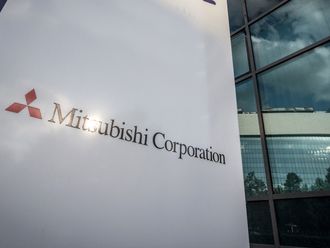George Town : Cayman Islands leaders are welcoming a report that says introducing direct taxation would put the Caribbean hedge fund hub at a disadvantage to other international finance centres.
"Our position is, and will continue to consistently be, that we do not believe that direct taxes are good for this country," Caymans Premier McKeeva Bush said, hailing the findings of the report by the so-called Miller Commission.
The British territory, a beach-lined island group south of Cuba that is legal home to many of the world's hedge funds, has long relied on the ‘no direct taxation' model as the cornerstone for the development of its financial sector.
But with major industrialised powers of the G20 group taking aim at tax havens, the Cayman Islands has come under pressure from London since last year to establish some kind of a direct tax to plug a fiscal deficit.
The Caymans had to go to the UK last year for permission to exceed its debt limits to make up for budgetary shortfalls, resulting from a combination of capital overspending, a bloated civil service and the global economic downturn.
Britain's Foreign and Commonwealth Office granted permission for it to borrow $312 million (Dh1,146 million), but told the island territory to set up an independent commission to look at new revenue measures including direct taxation.
The Caymans brought in the former chairman of the US Federal Trade Commission, James Miller, to head up the commission along with former UK Parliament member David Shaw and Cayman Financial Secretary Kenneth Jefferson.
In recommending against direct taxation, the Miller Commission report noted that international financial sectors displayed a high level of mobility, making it easy for firms in one centre to move operations to competing jurisdictions.












